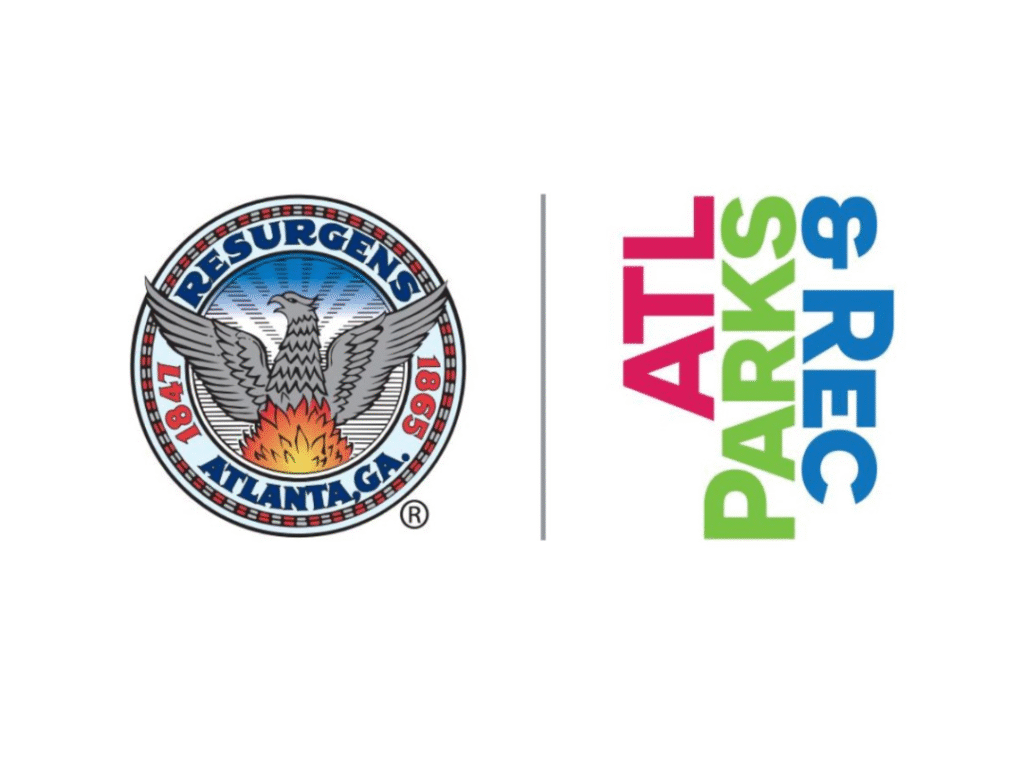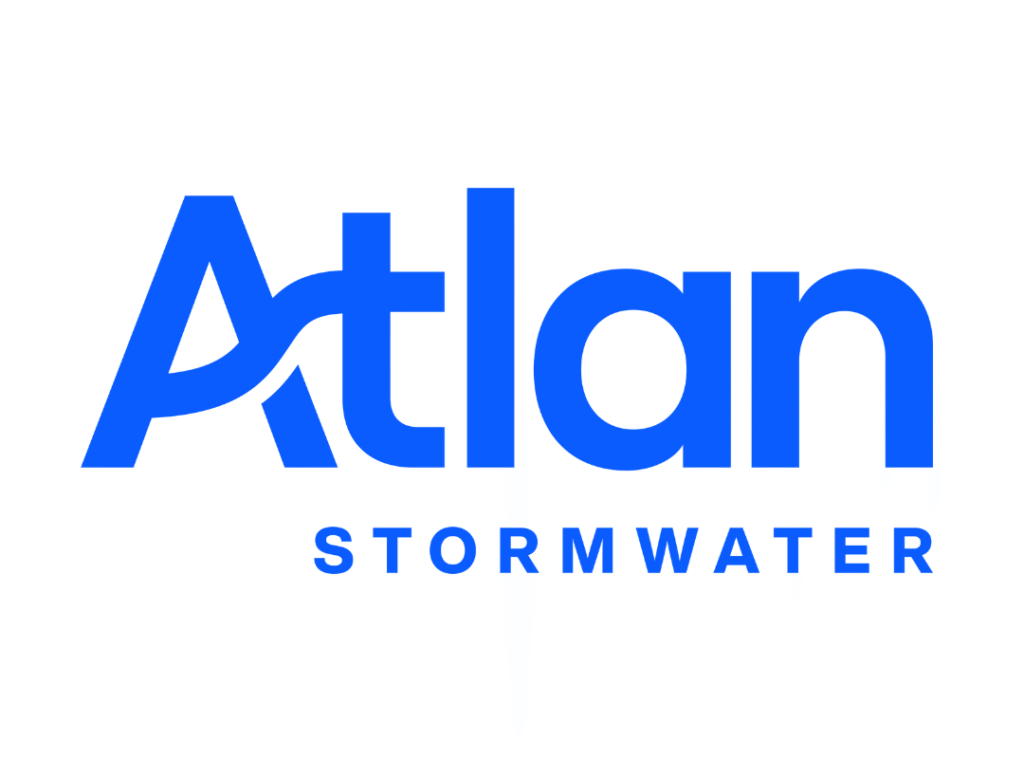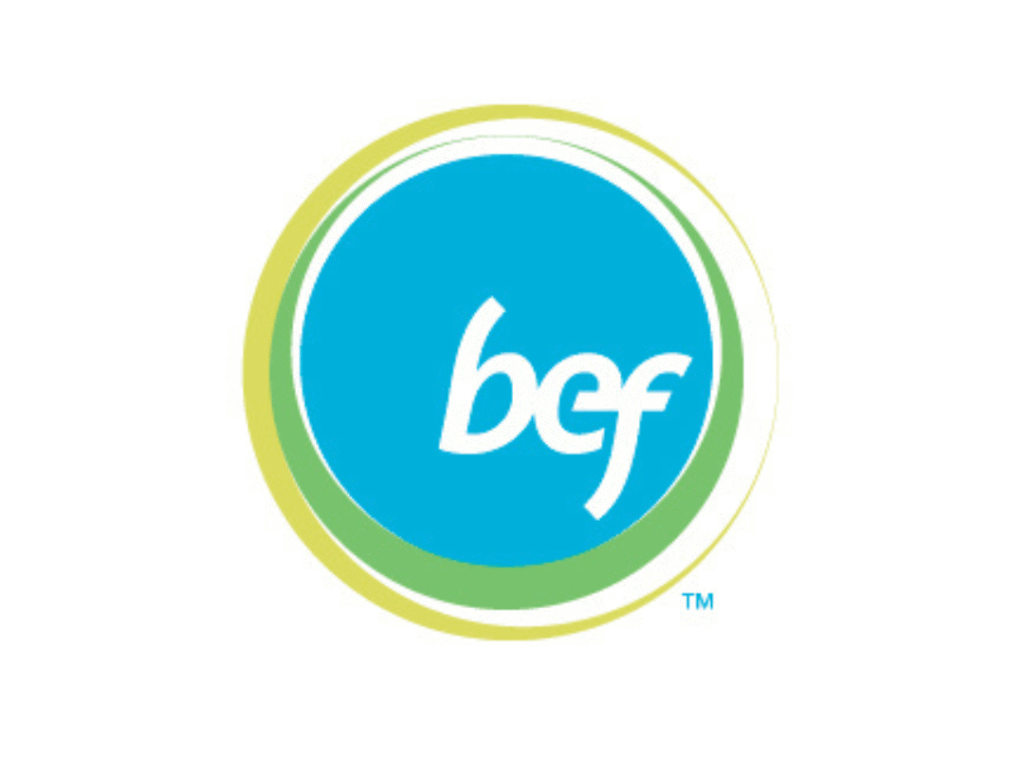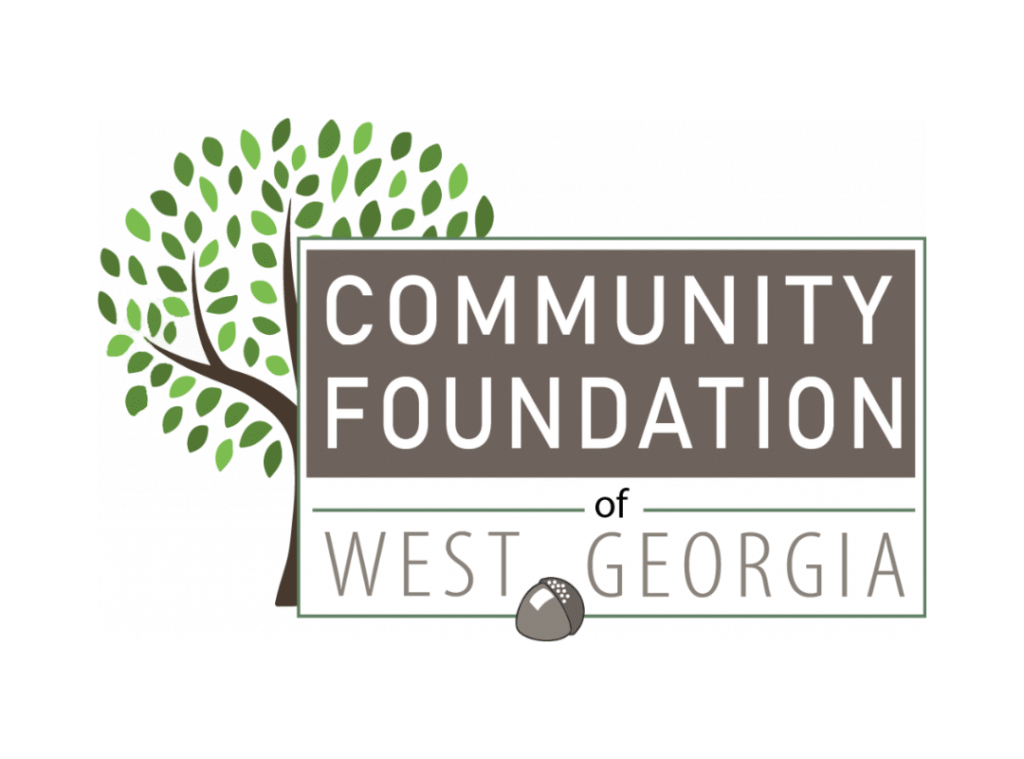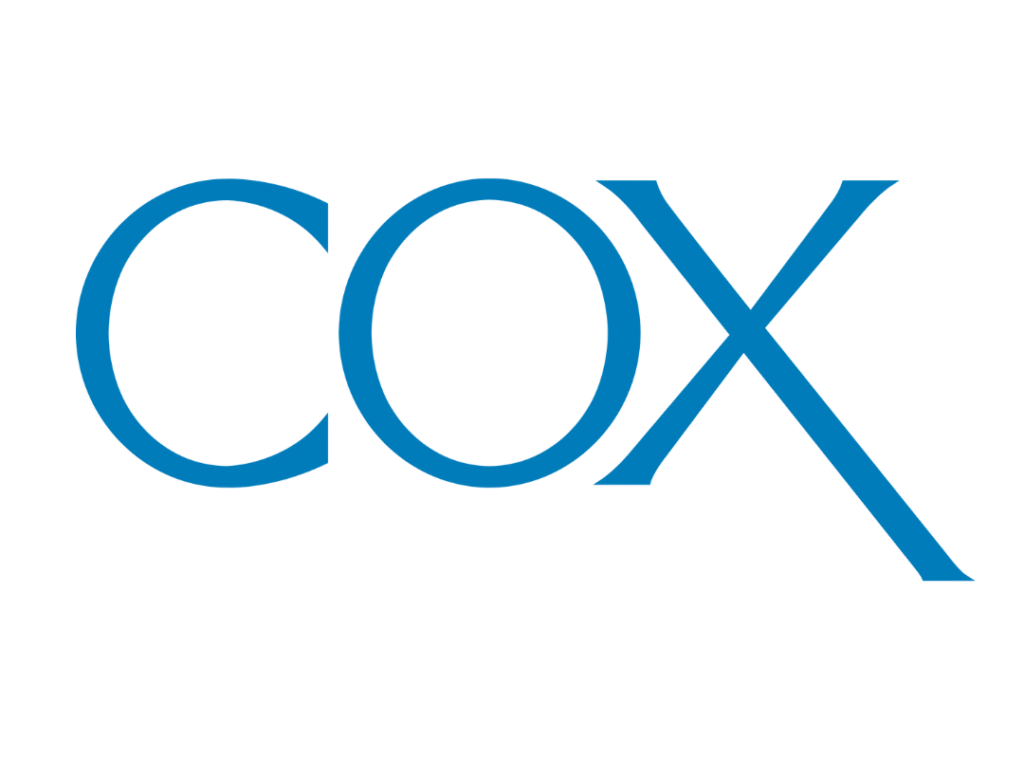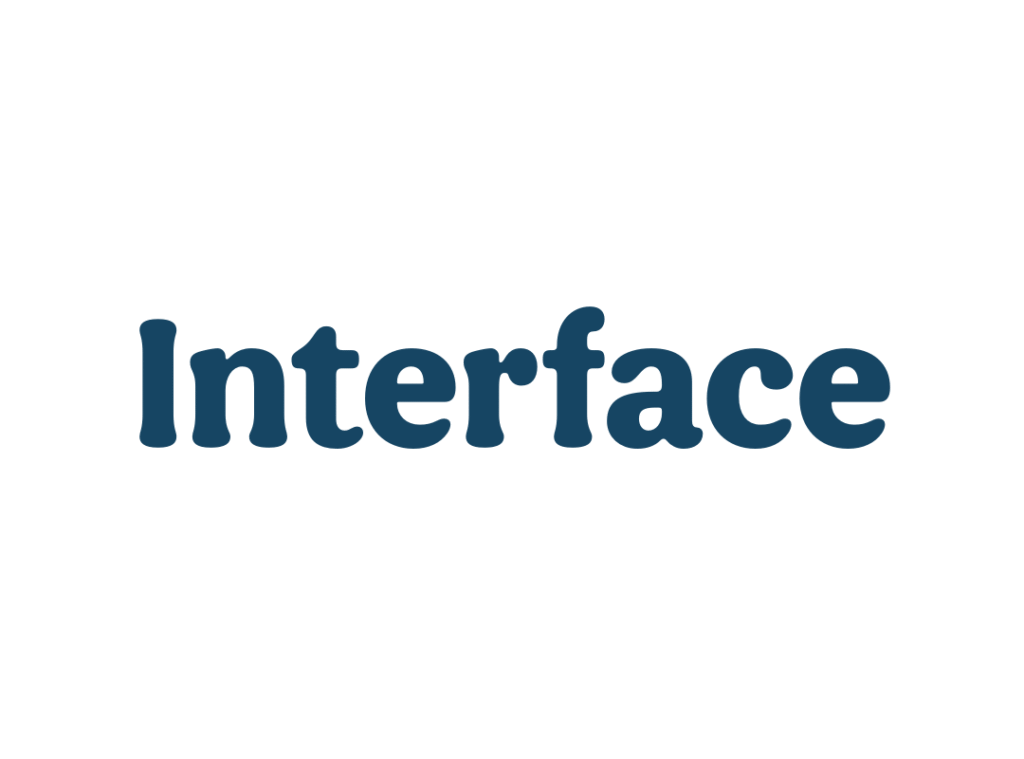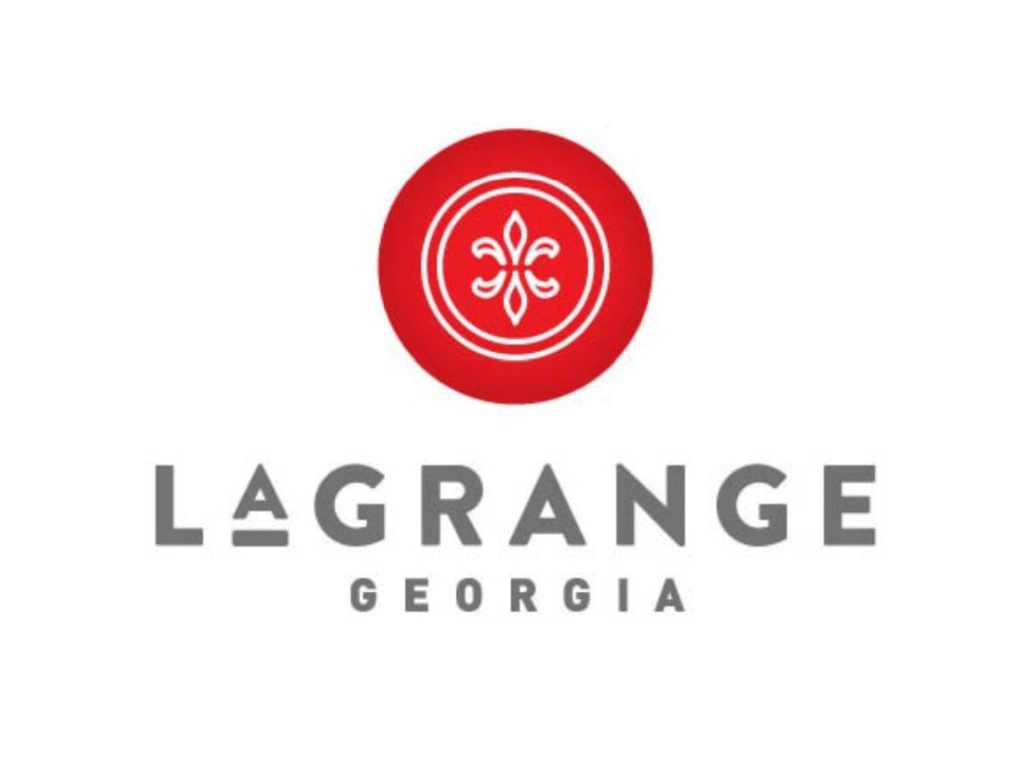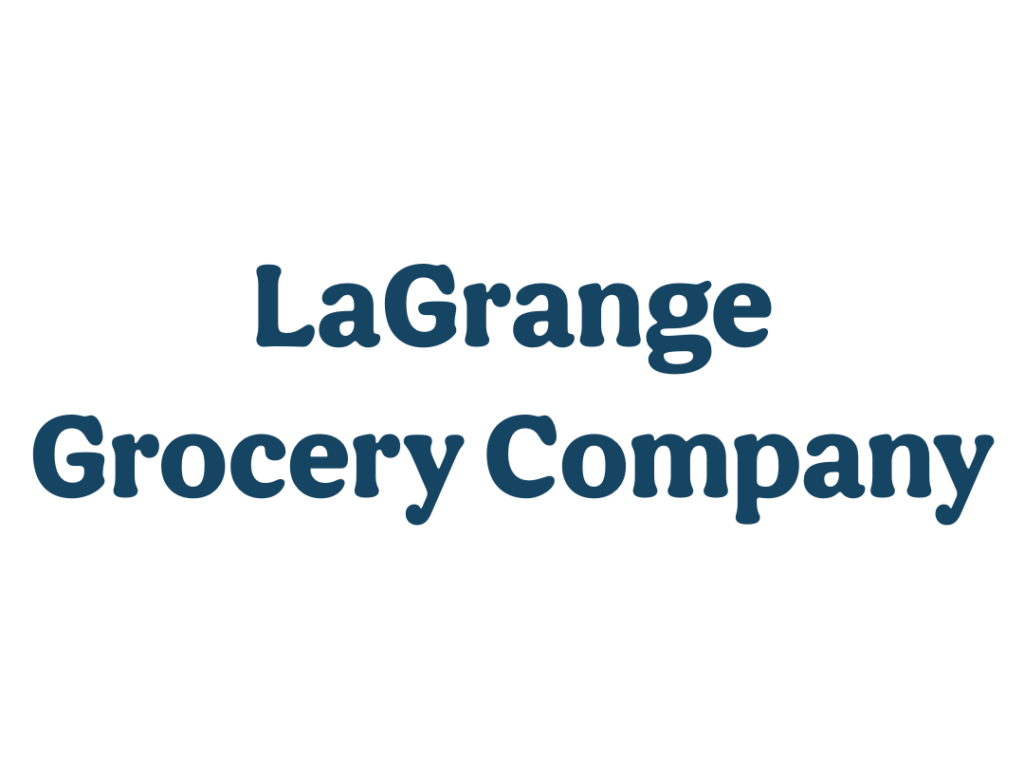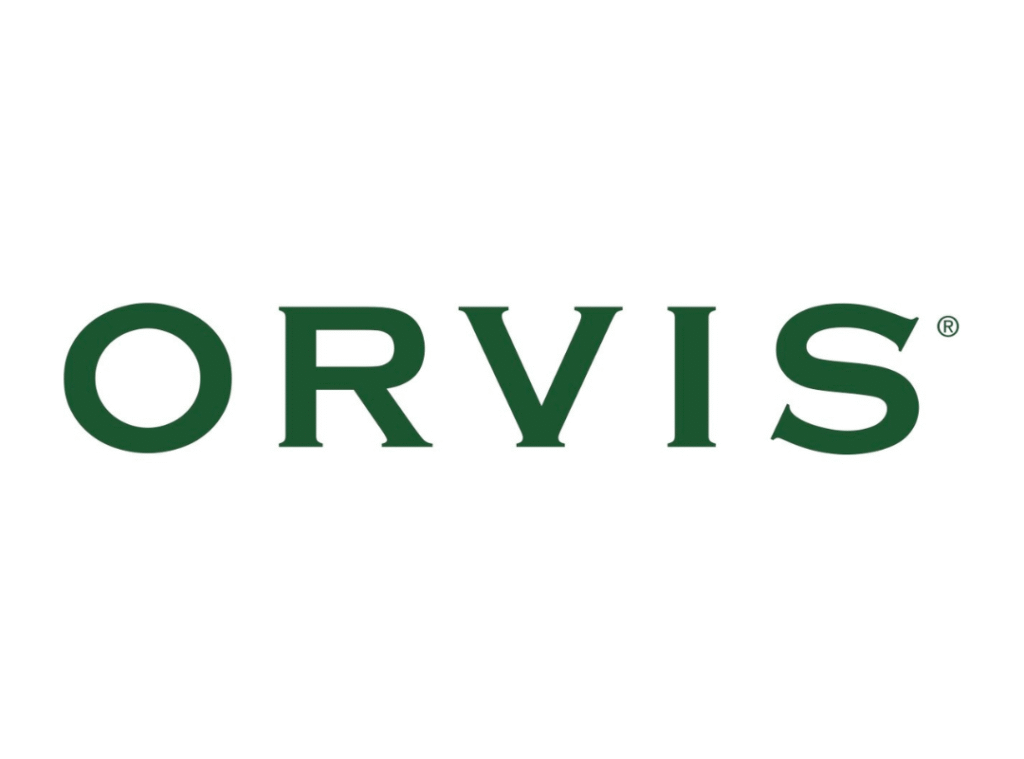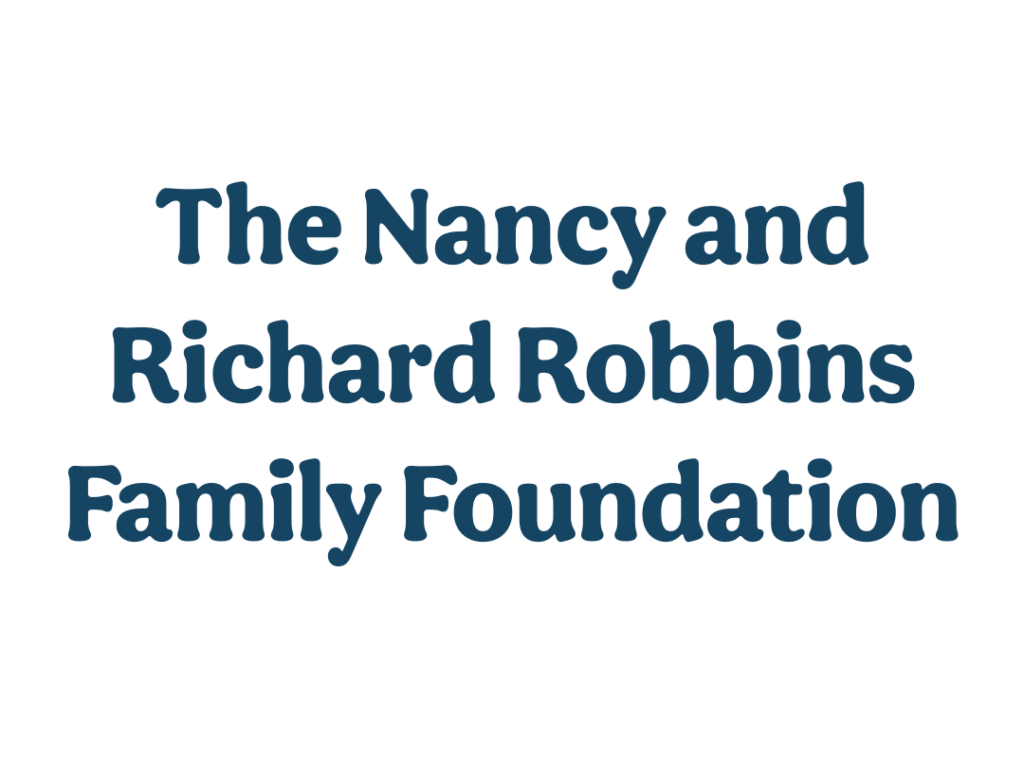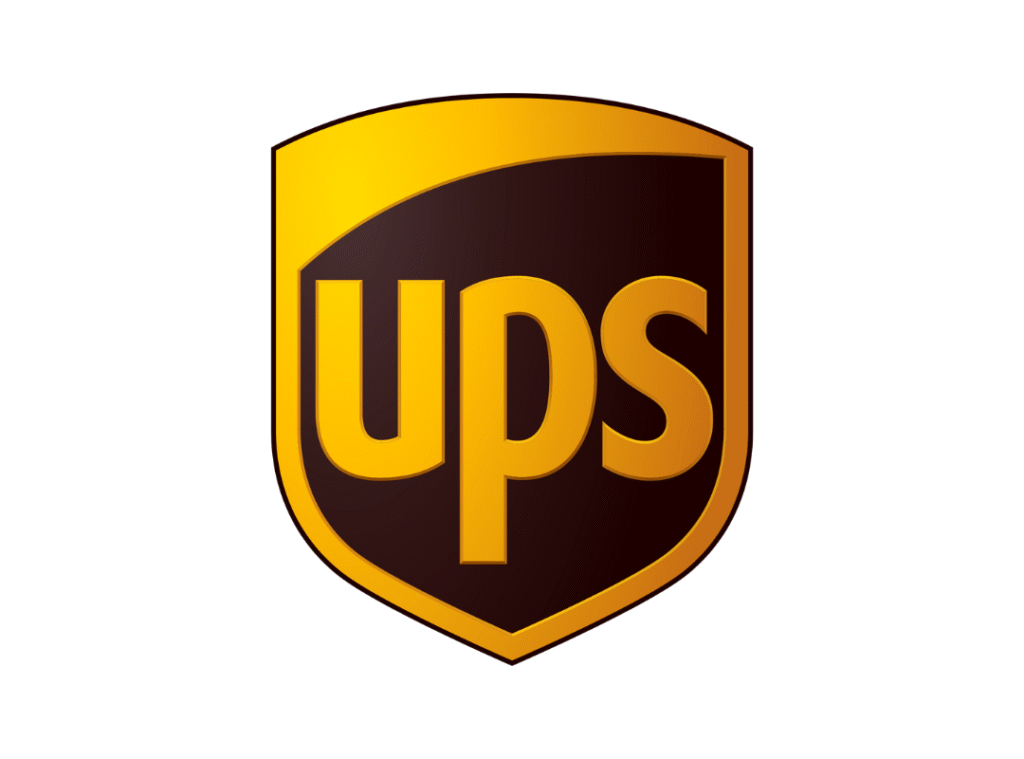Crisis plástica
El volumen de basura en nuestros ríos, lagos y océanos se ha convertido en una crisis global. Durante cada tormenta, las aguas pluviales transportan la contaminación de los caminos, los parques y las aceras hacia los arroyos, donde pueden descomponerse y dañar los hábitats críticos. Si no se controla, la basura plástica de la cuenca de Chattahoochee se descompondrá en microplásticos que eventualmente fluirán hacia el Golfo de México.
Resolver el problema requerirá estrategias efectivas y escalables implementadas a nivel comunitario. Para abordar este problema, Chattahoochee Riverkeeper emplea dispositivos llamados "trampas de basura" para eliminar la basura flotante de los afluentes del río Chattahoochee.
The trash traps are small-stream litter collection devices designed to catch floating garbage from stormwater runoff. The devices use booms to guide trash into a collection area where it can be captured and emptied after a rainstorm. Since the program’s inception in 2019, CRK’s trash traps have collected more than 15,000 pounds of floating trash. Approximately 40% of the volume of collected trash is recycled.
haga clic aquí to view a Storymap about the history of our Trash-Free Chattahoochee initiative.
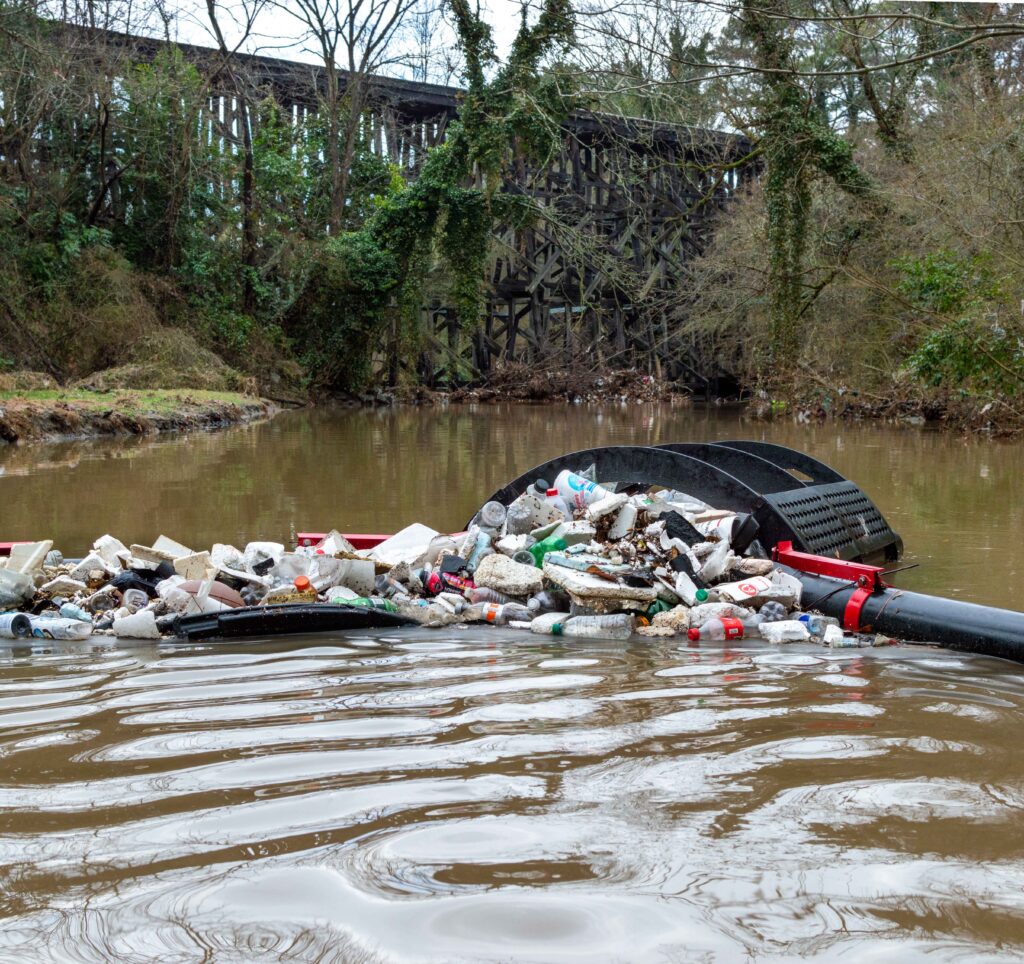
Trampas de basura alrededor de la cuenca
From Proctor Creek in Atlanta to Blue John Creek in LaGrange, tributaries throughout the Chattahoochee Basin are subject to the harmful effects of unmitigated stormwater, illegal dumping, and litter pollution. CRK operates 14 trash traps in four counties throughout Georgia and each trap is designed to meet the needs of the local watershed.
Sin embargo, después de instalar las trampas, el trabajo está lejos de terminar. Las trampas de basura requieren un mantenimiento regular: se vacían semanalmente y cualquier material reciclable se separa de la vegetación y del vertedero.
Durante el proceso de limpieza, las cuadrillas realizan una auditoría forense de basura utilizando el Protocolo de evaluación de basura escapada o ETAP de la Agencia de Protección Ambiental de EE. UU. Los datos generados a través de este protocolo brindan un nivel de conocimiento sin precedentes sobre las condiciones locales de contaminación. A medida que se analizan los datos, CRK trabajará con las comunidades para desarrollar soluciones personalizadas para reducir la basura en la cuenca de Chattahoochee.
We hope that these trash traps will complement our ongoing volunteer cleanup activities and will help us be more proactive in the fight against trash in our river.
– Jason Ulset
Guardián del río Chattahoochee
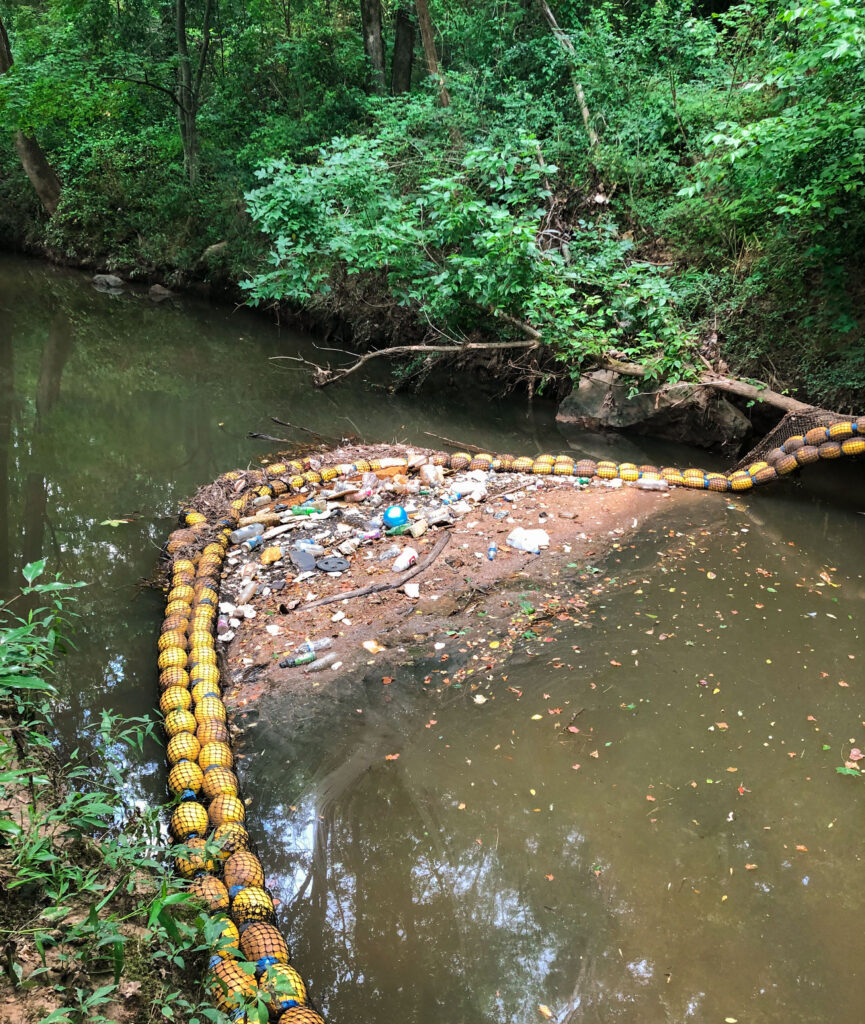
Publicaciones
Over the years, our trash trap program has garnered attention from around the Southeast U.S. and the world. Activist groups, non-profits, and governments are eager to learn about our program and how to implement it in other watersheds. To assist this effort, CRK has combined the lessons learned from the past five years of trash trap operation into the Trash Trap Guidebook. This report is for general audiences and details everything needed to create and sustain a trash trap program including the financial, labor, and legal requirements.
Along with releasing our guidebook, CRK has partnered with Arcadis to develop a tool to automatically identify new trash trap locations. Site selection is the greatest factor determining the success of a trap installation, but until now, selecting sites was more of an art than a science. Thanks to Arcadis, we now have the Trash Trap Prioritization Model, which automatically identifies optimal trap locations in the Chattahoochee watershed and beyond.
Using GIS software, this model incorporates land use, topographic, hydrologic, and demographic data to locate the sites that best meet our program goals. If you use ArcGIS Pro and would like to view the model and shapefiles, data for the Chattahoochee watershed are available for download aquí.
Participación de la comunidad
This campaign would not be possible without the help of our members, partner organizations, and volunteers. As more trash traps enter the watershed, there will be opportunities for volunteers to maintain the devices and conduct ETAP analyses alongside CRK staff. Intern and fellowship opportunities will be posted on our career page.
Si tiene alguna pregunta sobre las trampas de basura o sabe de algún arroyo que podría beneficiarse de la recolección de basura en la corriente, comuníquese con jyu@chattahoochee.org.
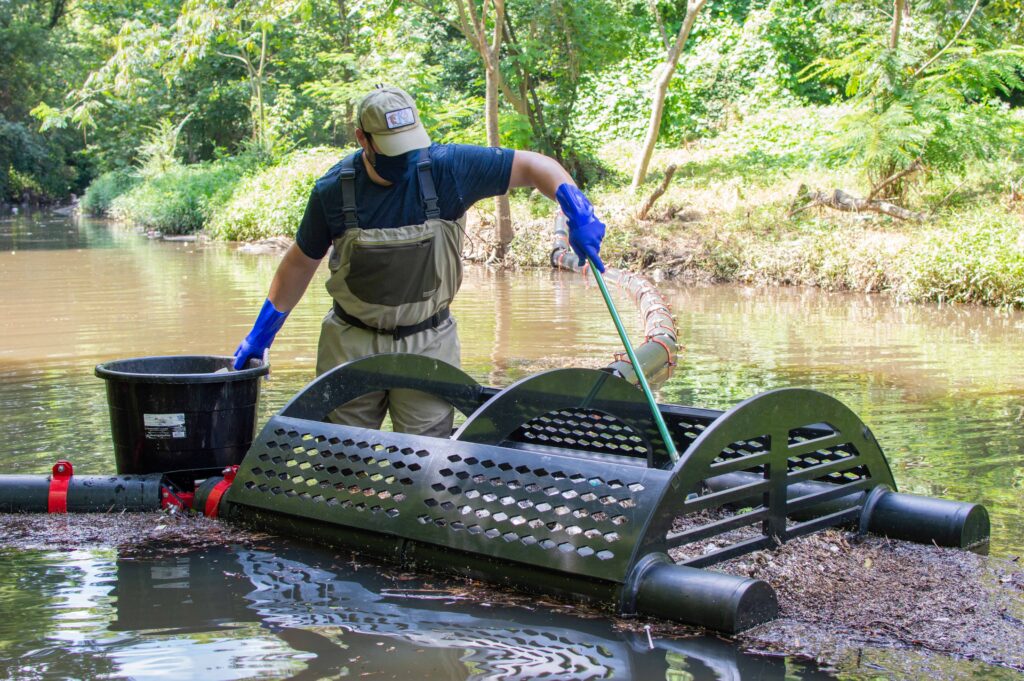
Este programa es generosamente apoyado en parte por:
